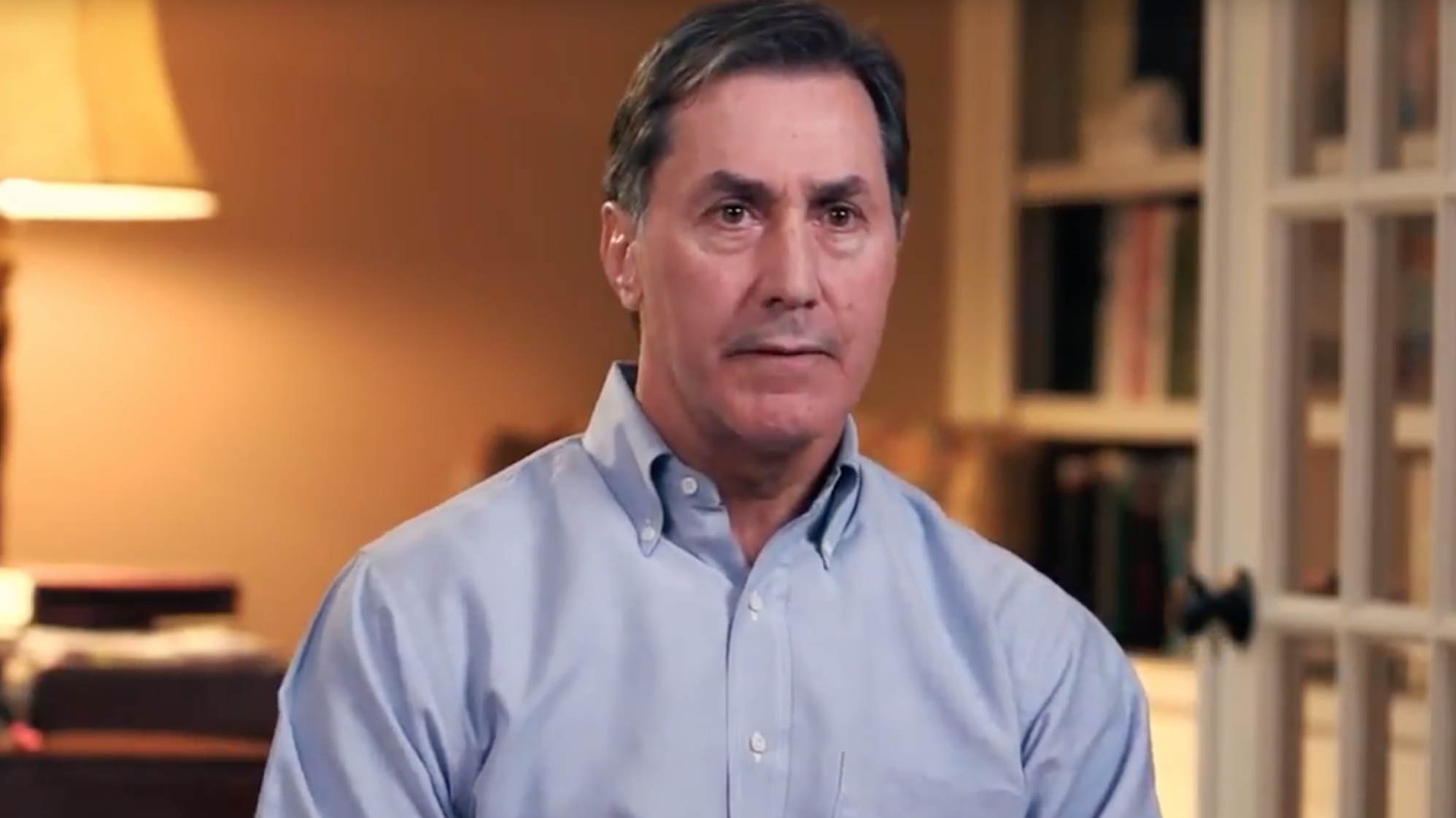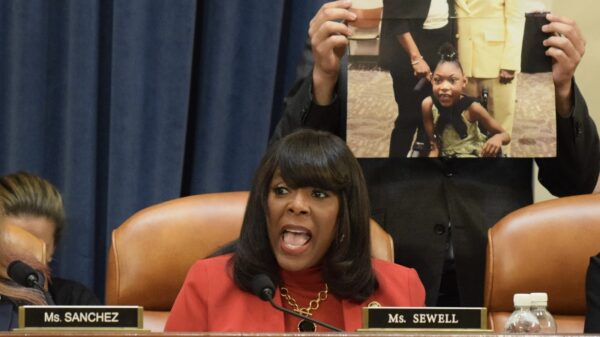Thursday, Congressman Gary Palmer (R-Hoover) introduced legislation that would protect Flexible Spending Account (FSA).
Typically, FSA money must be used by the end of a calendar year, but due to widespread closures of healthcare and childcare facilities during recent shelter-in-place orders, many individuals might have to forfeit unused 2020 funds. Congressman Gary Palmer (AL-06) has previously expressed his concerns on this issue via a letter with bipartisan support to House and Senate leadership.
On Friday, Palmer introduced H.R. 7149, which would move to protect those with leftover 2020 FSA funds.
“Many people plan ahead with FSAs, and they shouldn’t be penalized for being proactive due to extraordinary circumstances,” Rep. Palmer said. “My bill offers temporary protection for those who have been unable to use their 2020 FSA funds due to compliance with recent stay-at-home orders, and I’m grateful for the support it’s already received. Planning ahead should never be punished, and I hope the measures in H.R. 7149 Act help many people to continue doing just that as we adjust and plan for life beyond this unprecedented period for our country.”
Palmer’s bill provides protection for 2020 FSA funds by allowing individuals to: 1) roll over their FSA balance to 2021, 2) withdraw their balance without penalty, 3) change their election amount, or 4) to continue using unspent funds through the end of the year in the event of job loss.
Eligible employees of companies that offer a FSA may opt to participate during open enrollment before the plan year begins. Self-employed individuals are not eligible.
An employee who chooses to participate can contribute up to $2,750 through payroll deductions during the 2020 plan year. Amounts contributed are not subject to federal income tax, Social Security tax or Medicare tax. If the plan allows, the employer may also contribute to an employee’s FSA.
Throughout the year, employees can use FSA funds for qualified medical expenses not covered by their health plan. These can include co-pays, deductibles and a variety of medical products. Also covered are services ranging from dental and vision care to eyeglasses and hearing aids.
Under the FSA use-or-lose provision, participating employees normally must incur eligible expenses by the end of the plan year or forfeit any unspent amounts.
FSAs are similar to Health Savings Accounts (HSAs). The biggest difference between the two is the fact that not everyone qualifies for an HSA. Only those with a high deductible eligible. FSA, on the other hand, are available regardless of your deductible. HSAs also have the advantage that any remaining balance will rollover into the next year. With an FSA this isn’t the case. With most employers, FSA money is “use it or lose it” depending on the details of the specific FSA plan.
The COVID-19 global pandemic has meant that many doctor’s offices are closed. Dentists, elective surgeries including hip and knee replacements are not available like they usually are. Many Americans have been under shelter in place orders for weeks. Alabama is currently under a safer at home order where everyone is strongly encouraged not to leave your house unless it is absolutely essential. For these reasons many Americans are not being able to access healthcare like they normally would, thus six months into the year a lot of Americans potentially could lose there FSA funds for 2020.
As of early Monday morning, the American COVID-19 death toll stands at 117,858 and 2,162,228 Americans have been diagnosed with the virus.
Gary Palmer represents Alabama’s Sixth Congressional District.




















































